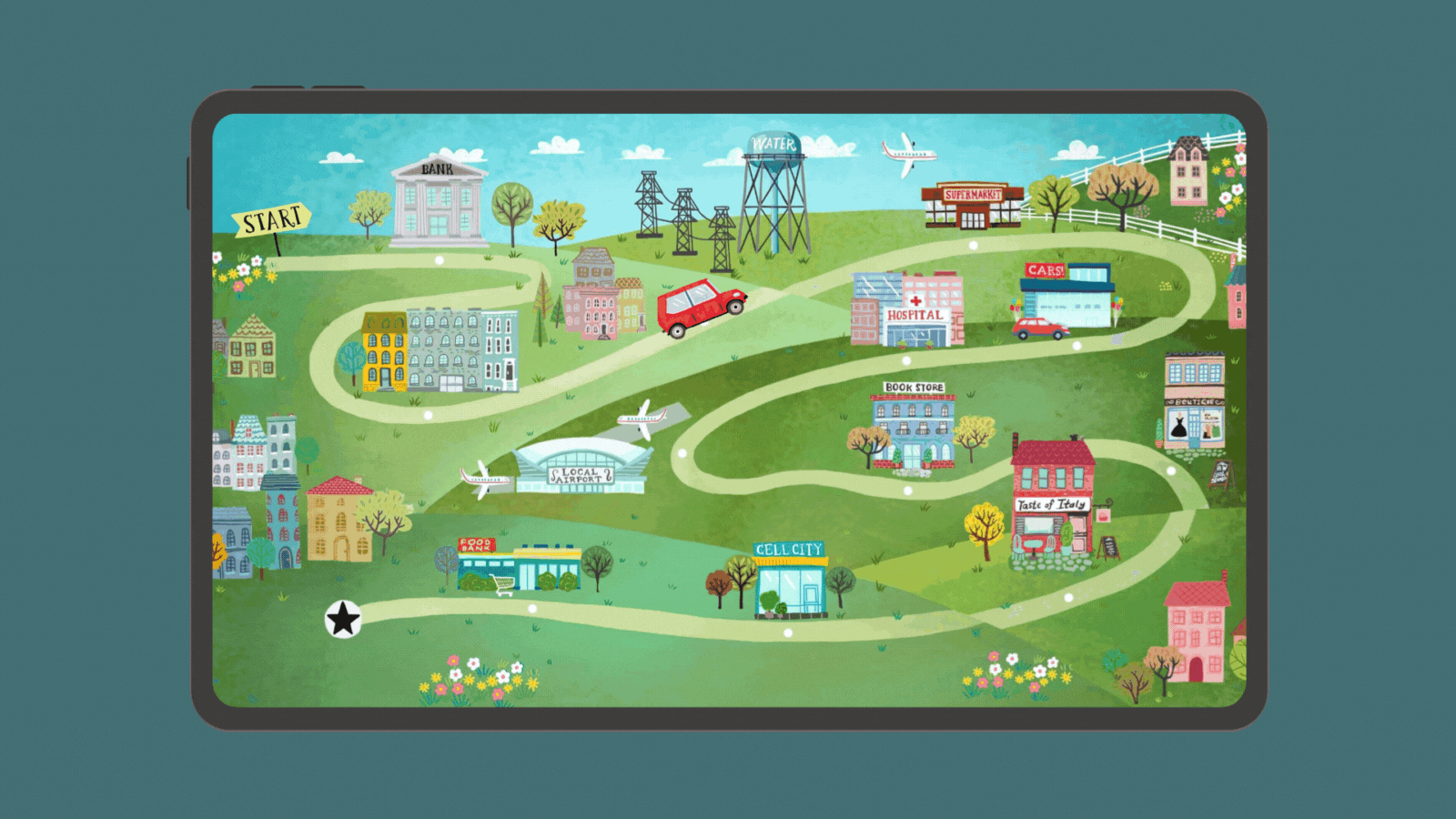Congratulations! You’ve just graduated from college and gotten your first job. Time to make some decisions (housing, transportation, cell phone, and more). That’s the situation your middle school students will face in this new Reality Check game. They’ll get a salary and then navigate through a variety of financial choices (plus some surprises!), balancing their check register as they go. It’s a super-fun way to learn an essential, real-life skill. Give it a go!
How does the Reality Check game work?
First, you’ll need to download the PowerPoint or make a copy of the Google Slides, as well as print and copy the Check Register worksheet for each student. From there, you have two options:
Whole Group: Display the presentation on a screen or interactive whiteboard. Share the gameplay instructions on Slide 2. Click through the slides. At each choice, stop and allow students to read (or read aloud) the options. Invite students to make a choice and record it on their Check Register. Once you’ve gone through all 12 choices, have students take a look at their ending balance. Is it over $200? Under? This is a great opportunity to talk about financial choices and discretionary spending.
Independent: If you’re on Google Classroom, you can assign the presentation to students there. They can complete the game as independent work (synchronous or asynchronous) or homework. They’ll be working through the slide choices on their own. With this option, you can have them return to earlier choices and make adjustments if they ever dip below a $0 balance.
Discussion questions for after gameplay
However you choose to play the game (whole group or individually), you’ll want to bring the class back together for a debriefing of their learning. Try these questions to guide your discussion:
- What type of cash flow did you have—positive, negative, or balanced?
- Why do you think you had that type of cash flow?
- What changes could you make to have a positive cash flow?
- What are some examples of variable expenses?
- What are some examples of fixed expenses?
- Do you think you will be able to manage a budget when you’re older? Why or why not?
- How will things be different when you do this in real life?
Do your students need a refresher on financial vocabulary? Try these flash cards!


